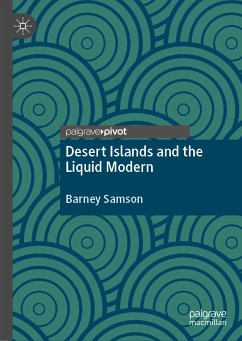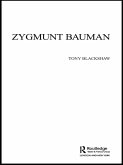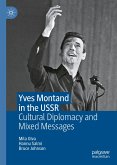This book investigates desert islands in postwar anglophone popular culture, exploring representations in radio, print and screen advertising, magazine cartoons, television comedy and drama, cinema, and video games. Drawing on Zygmunt Bauman's theory of liquid modernity, desert island texts are analysed in terms of their intersections with repressive and seductive mechanisms of power. Chapters focus on the desert island as: a conflictingly in/coherent space that characterises identity as deferred and structured by choice; a location whose 'remoteness' undermines satirical critiques of communal identity formation; a site whose ambivalent relationship with 'home' and Otherness destabilises patriarchal 'Western' subjectivity; a space bound up with mobility and instantaneity; and an expression of radical individuality and underdetermined identity. The desert island in popular culture is shown to reflect, endorse and critique a profoundly consumerist society that seduces us with promises ofcoherence, with the threat of repression looming if we do not conform.
Dieser Download kann aus rechtlichen Gründen nur mit Rechnungsadresse in A, B, BG, CY, CZ, D, DK, EW, E, FIN, F, GR, HR, H, IRL, I, LT, L, LR, M, NL, PL, P, R, S, SLO, SK ausgeliefert werden.









